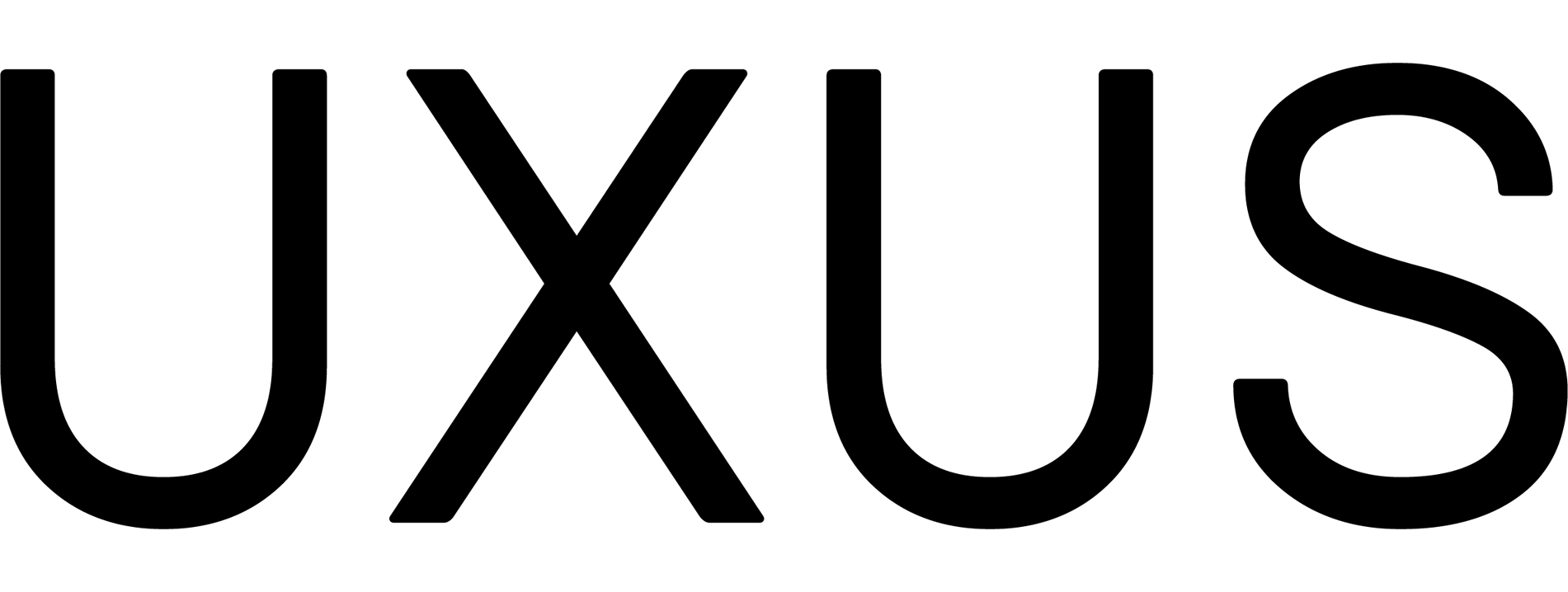
Designing a Better Tomorrow Series: Overcoming Sustainability Fatigue with the Power of Design
Explore a sustainable future with Creative Strategist Rachel Edmonds, as she unlocks the potential to shape a tomorrow defined by sustainability, innovation, and collective prosperity through purposeful and forward-thinking design.
Read more

New Exclusivity: Luxury Retail’s Courtship to the Very Rich
Senior Strategist Andrew Bellofatto, draws us into the evolving world of luxury retail in 2024, where exclusivity reigns supreme. Explore the shift from mass marketing to bespoke experiences tailored for the ultra-rich elite.
Read more

You x Us: Kleoniki Fotiadou
We asked Architect, Kleoniki Fotiadou, to share her thoughts on the day-to-day inspiration that feeds into her work, sustainability in design projects, how diversity enriches the creative process and hacks we can all use to stay productive.
Read more




